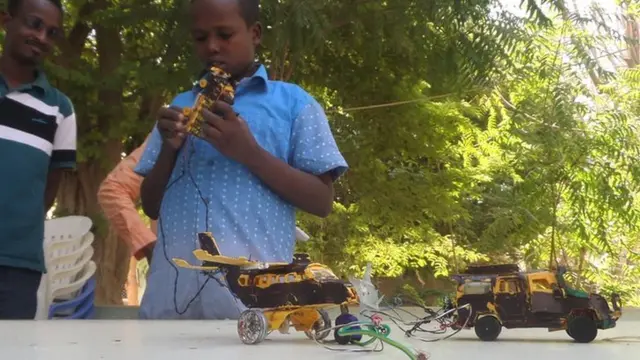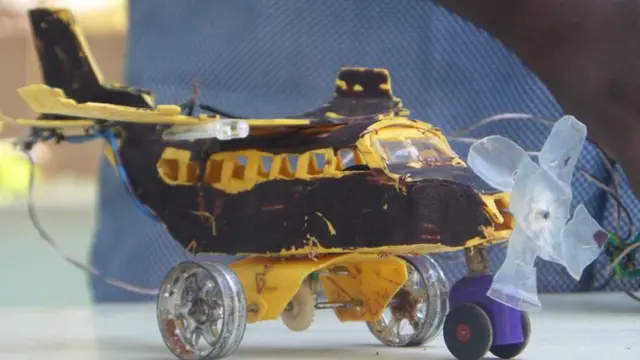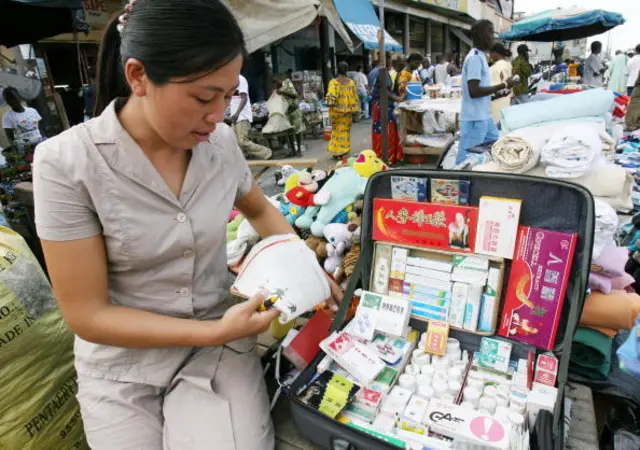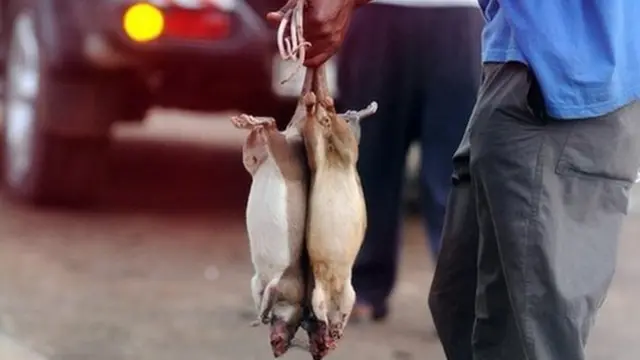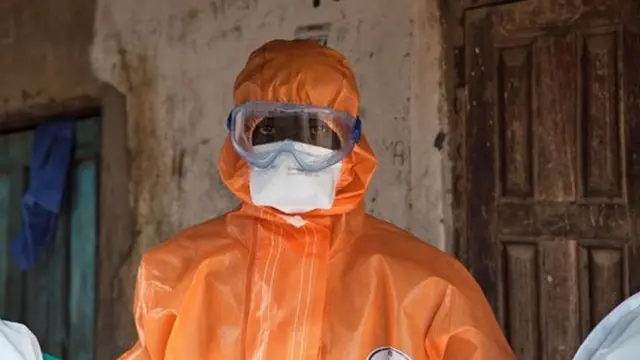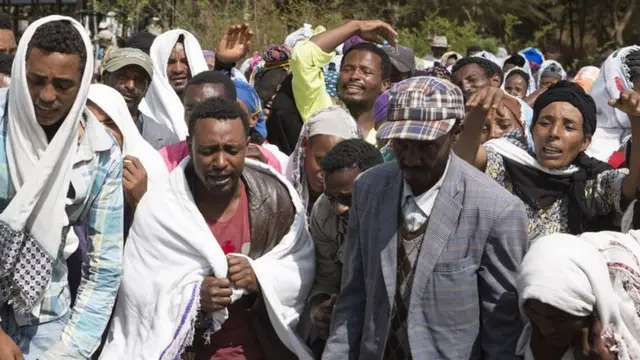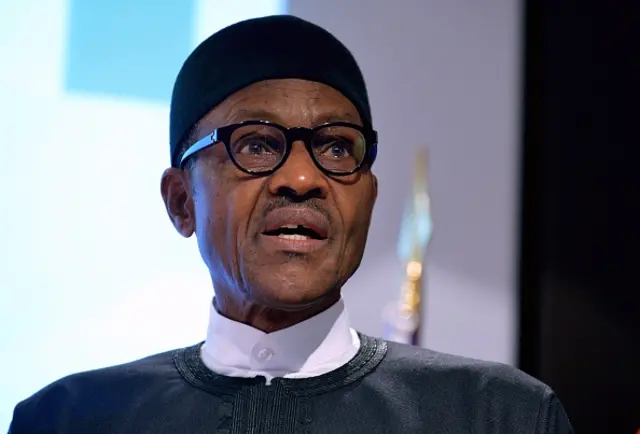Sierra Leone mulls more time for President Koromapublished at 11:21
Some supporters of Sierra Leone's President Ernest Bai Koroma have called for his mandate to be extended beyond February 2018, despite critics warning that this will violate the two-term limit imposed by the constitution.
Mr Koroma's supporters say that fighting the Ebola virus, which killed about 4,000 people in the West African state, occupied nearly two years of his second term, and he needs to remain in power for a longer period to fulfill his plans for improving the lives of Sierra Leoneans.
But civil society organisations have rejected the move, saying it will lead to the erosion of democracy in the country.
Mr Koroma was first elected in 2007 and won a second and final term in 2012. The next election is due by February 2018.
The issue of third terms has caused heated debate in Africa, and has led to unrest in Burundi.
So who's campaigning for an extended term for Mr Koroma? The BBC's Umaru Fofana has been speaking to the government spokesman Alpha Kanu:
Supporters are campaigning for president Koroma to extend his mandate
